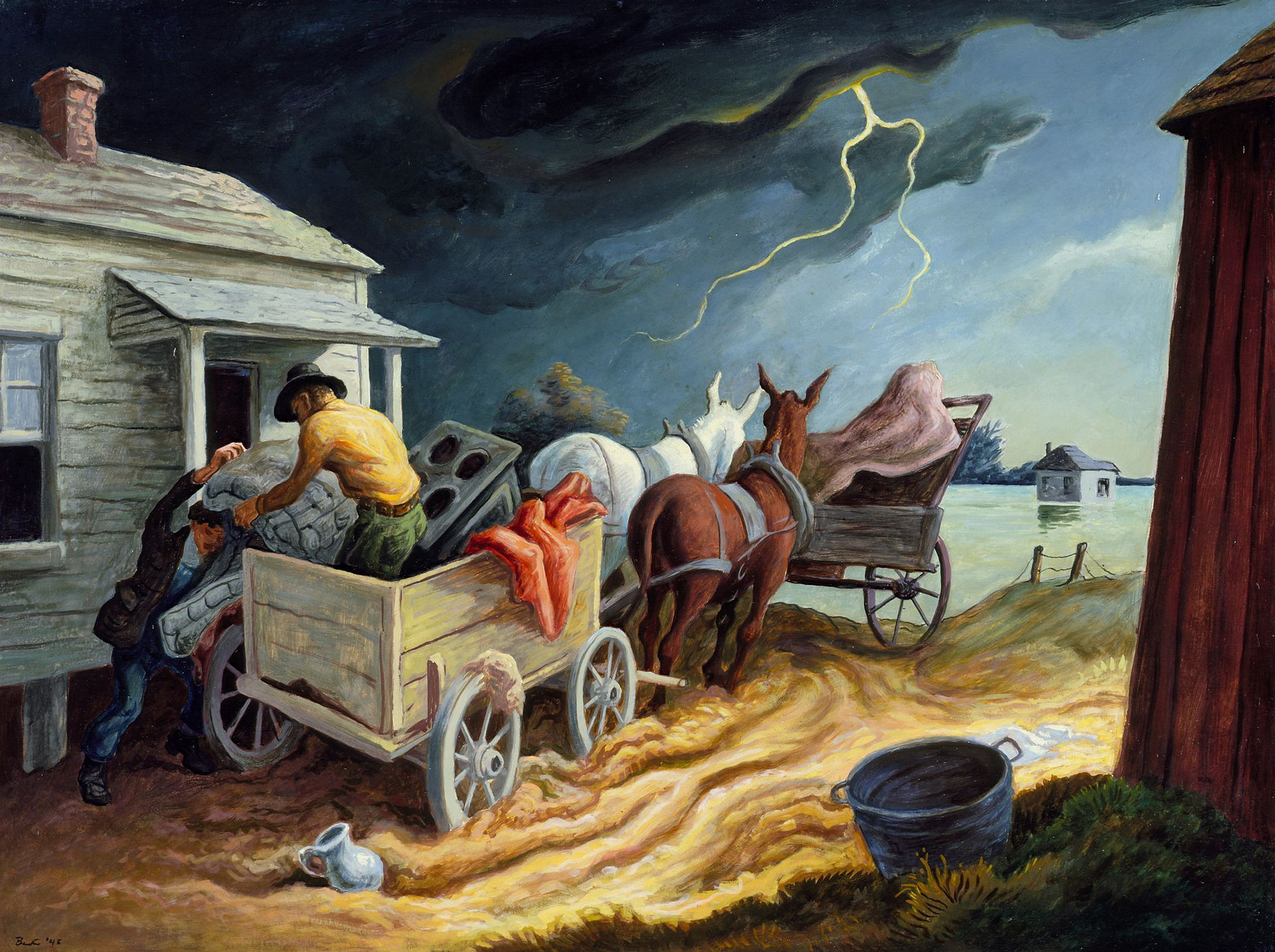top of page

Letters to Logos

The Grapes of Wrath - John Steinbeck
It's interesting reading novels from the past like The Grapes of Wrath where the author was attempting to come to terms with the rapidly changing landscape. The lifestyle compass was shifting fast. The industrial revolution was increasing its hold on the west, upheaving lives and cultures in ways we can't appreciate today, because we are now the products of that very upheaval, and it's difficult for us to see this process from the outside or without the historic context. Mary Shelly's own interpretation of this grand transfiguration took the form of a literal human "monster" in her classic Frankenstein. Her monster, much like the rise of industrialization and automation, walks the line between the living and some kind of soulless craven automaton, more powerful than his own creator, but lacking some fundamental aspect of what it means to be human. In the end, he kills his own creator. The monster can be viewed as a literary embodiment of the subconscious fears of real-world industrialization and the machines that drive it, which were taking over and in ways destroying their own human creators. Whether Mary Shelly wrote her novel with these greater real-world themes in mind is a matter of debate, but the air of resounding and dehumanizing transformation was real and persisting, in western society, and some parts of the greater world.
We can see related fears novel-writ in later stories like 1984 and Brave New World where centralized control of culture and society takes on a machine-like precision and detached domination. Whether or not these novels accurately predicted the future of things to come - a dystopian anti-humanistic panopticon - is a worthwhile discussion, and depending on who you talk to, one will likely argue "yes of course", and another, "most certainly no".
Not to disregard this important question, because it's a deep and fundamental one, but what I'm really interested in right now is the greater air surrounding these stories. No work of fiction is ever really written in a bubble, (though there certainly are some prophetic visionaries) - the luck of circumstance, technology, and cultural movements instruct our classic writers as to which way the wind is blowing. The best of them give a good "why" and bring it down to the level of "who" in a way we can relate to deeply. The thrust of these novels mentioned above, during this great change, are central questions about what it means to be human and maintain humanity in a time when the very notion seems to be ever slipping away in the grease of factory machine wheels and farm tractors.
The Grapes of Wrath delves into these greater themes through the eyes of the main protagonist, Tom Joad. The Dust Bowl, a historic period in the 30s that left many farms wasted and farmers with no crop, leaves Tom Joad's family and neighbors in desperation. With little food, they journey with Tom to California in search of honest work. Their journey reveals a new reality they couldn't foresee. Thousands of others line the roads in makeshift camps and cars on Route 66. They too, are looking for honest work in California. The road is treacherous. Tom's granpa and granma die along the way.
When they arrive in California, what they find are large farms in collusion against small farms and migrant workers. Wages are so low, many starve. Police officers and state authorities side with the large farms and keep migrant workers from rising up against the corporate farms. Tom's friend, Jim Casy is beaten to death after organizing and leading a strike against these ruthless farms. Tom kills Jim's attacker and flees with the remainder of his family. His pregnant sister Rose of Sharon soon gives birth to a stillborn baby, likely from nutrition deficiencies. The book closes with Rose of Sharon breastfeeding an old man who is dying of starvation in an old barn.
My brief overview of the story is simply to highlight the depravity and hopelessness Tom and his family endure over the course of the novel. There is no happy ending or triumph. The Grapes of Wrath is a tragedy - but not in the Shakespearian sense. The tragedy is centered on a societal fall from grace encompassing the cultural shift away from honest, independent farming and toward the faceless industrialization of it, where human labor is reduced to numbers and human beings treated like cattle.
In some respect, this dehumanization is probably a feature of the mechanistic march toward efficiency and profit. There is no escape. Humans have always looked for faster and more efficient ways of allocating resources. With this in mind, over time "we work our way out of our jobs" through innovation, engineering, and corporate streamlining. However, we can't forget who we are and what makes us human beings. When we neglect our humanity completely and bow down in awe to our glorious machine creations, our children are born "still-born", their souls "deformed" and "underweight" from a lack of cultural nutrition as our grandfathers slowly die from "starvation". I mean this archetypally. When you neglect what gives rise to a healthy new generation and when even our elderly population is reduced to the perverse to survive (I can give a few examples, can you?), we need to all come together and ask ourselves: "what have we become?"
Summary: A personal and humanistic view into the mechanistic upheaval, and subsequent devastation, of the traditional farming lifestyle.
Rating: 7.0
-E.B.
2020-11-19
bottom of page